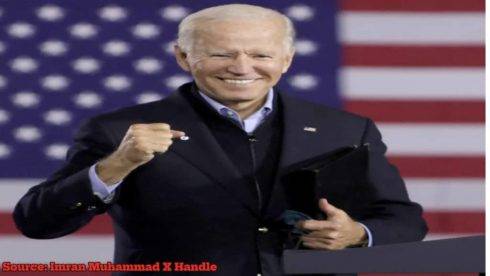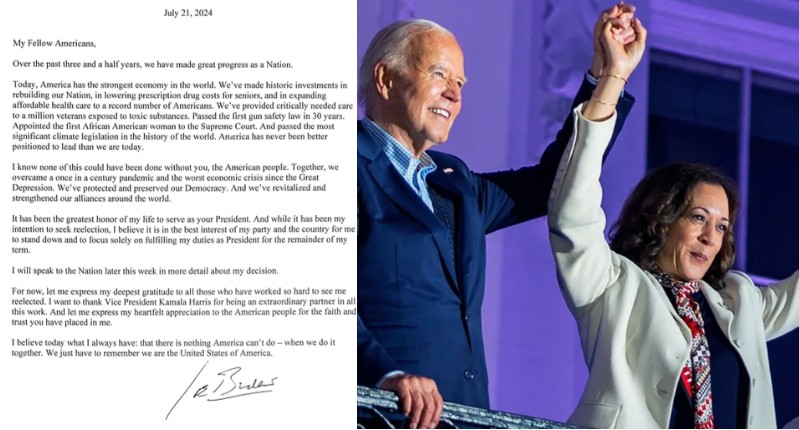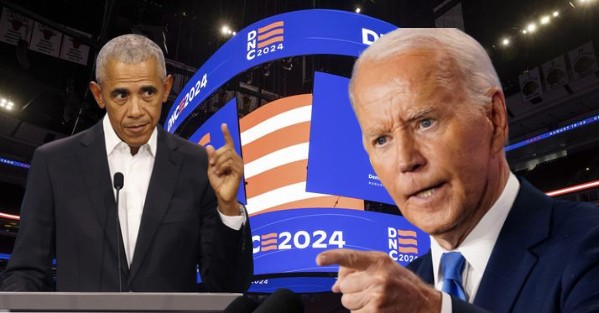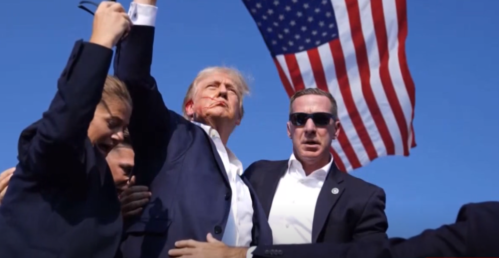President Joe Biden has unveiled plans to implement higher tariffs on Chinese steel and aluminum, marking a significant move aimed at revitalizing the American steel industry and safeguarding domestic jobs. During a visit to Pittsburgh, Biden outlined his proposal to impose new tariffs of 25% on specific Chinese steel and aluminum products, signaling a proactive stance to counter China’s industrial overcapacity and protect American manufacturers.
The proposed tariffs, part of an ongoing review process, are strategically targeted to address concerns over unfair trade practices and to prevent a potential surge in Chinese imports. Lael Brainard, director of the National Economic Council, emphasized the necessity of balancing investments in American manufacturing with measures to shield workers from the adverse impacts of global trade dynamics. The administration’s focus on bolstering domestic manufacturing resonates with its broader economic agenda, reflecting a commitment to prioritize the interests of American workers.
Biden’s Engagement with Union Leaders and Industry Stakeholders
Biden’s visit to Pittsburgh holds symbolic significance, particularly as he plans to address union members at the headquarters of the United Steelworkers. By engaging directly with union leaders and industry stakeholders, the President aims to underscore his administration’s support for American-owned enterprises and its opposition to foreign acquisitions that could undermine domestic control over critical industries. The Steelworkers Union, led by Dave McCall, has been vocal in its resistance to Nippon Steel Corp.’s acquisition of US Steel, garnering backing from political figures including Biden.
The President’s outreach efforts extend beyond rhetoric, with concrete actions such as directing his team to collaborate with Mexico in curbing efforts to channel Chinese steel into the US through intermediary countries. Moreover, the decision to initiate a formal review of China’s maritime and shipbuilding sector underscores Biden’s commitment to comprehensively assess and address challenges posed by Chinese industrial policies. By soliciting input from union groups and prioritizing domestic manufacturing concerns, the administration seeks to foster a more resilient and competitive industrial landscape.
Implications and Next Steps in Biden’s Trade Policy
The proposed tariff increase on Chinese steel and aluminum signifies a continuation of the Trump-era trade policies, underscoring a degree of continuity in the Biden administration’s approach to managing trade relations with China. The decision to maintain existing tariffs while exploring additional measures reflects a pragmatic strategy aimed at achieving a balance between protecting domestic industries and promoting global economic stability.
Looking ahead, the final decision on tariff adjustments will rest with the US Trade Representative, Katherine Tai, following the conclusion of the ongoing review process. The administration’s proactive stance on trade enforcement and its emphasis on fair competition underscore the broader objectives of Biden’s economic agenda. As the administration navigates complex trade dynamics, its engagement with stakeholders and commitment to transparency will play a pivotal role in shaping the trajectory of US-China relations and the future of American manufacturing.
Political Implications and Electoral Strategy
The timing of Biden’s announcement holds political significance, as Pennsylvania remains a critical battleground in US elections. By championing the interests of union workers and advocating for measures to protect domestic industries, Biden aims to solidify his support base in a state pivotal to his electoral success. His previous opposition to foreign acquisitions of US companies, such as the proposed deal involving Nippon Steel and US Steel, underscores his commitment to preserving American jobs and industries.
As both Biden and his predecessor, Donald Trump, vie for support in Pennsylvania, their contrasting approaches to trade policy and economic diplomacy come to the forefront. While Trump’s protectionist stance appealed to some voters in 2016, Biden’s strategy emphasizes a more nuanced approach that balances economic interests with diplomatic considerations. Ultimately, the effectiveness of Biden’s tariff proposal and its impact on US-China relations will likely shape the narrative of his presidency and his electoral prospects in the coming years.
Table of Contents
Discover more from OGM News NG
Subscribe to get the latest posts sent to your email.














